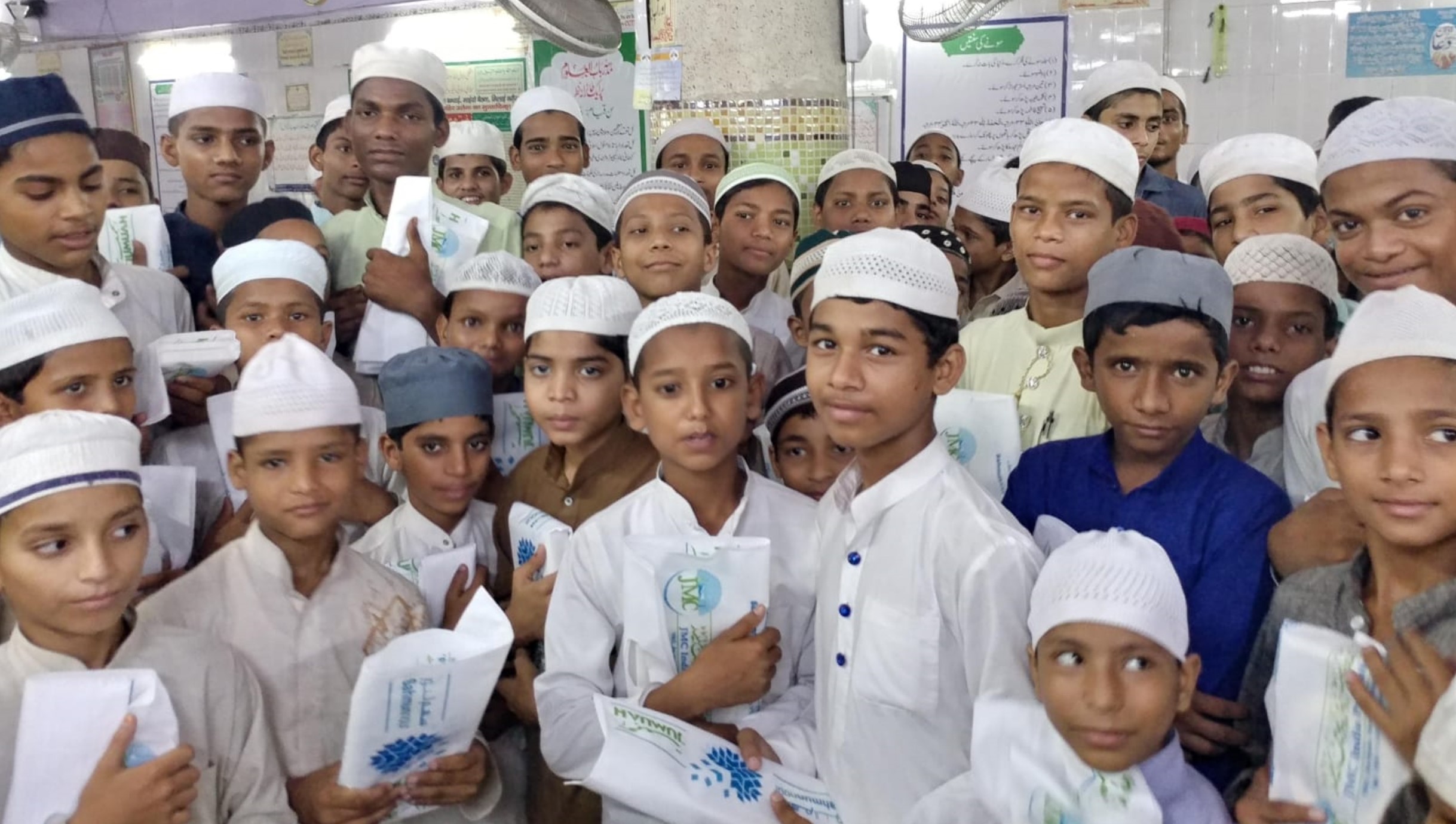The Holy Quran, a veritable treasure trove of divine teachings from our common Creator
In a world where natural disasters and human crises seem to strike with increasing devastation, generosity and assistance to others stand as beacons of hope in the darkness. But where does this flame of humanity, compelling us to reach out to our fellow beings in their darkest hours, originate? Moreover, how can we display unwavering compassion, without distinctions of beliefs, races, or origins?The Holy Quran, a veritable treasure trove of divine teachings from our common Creator, proves to be an inexhaustible source of wisdom and generosity. It unveils values of profound humanity, such as compassion, generosity, and aid to the most vulnerable. These values are at the very core of Islam, reminding believers of the significance of extending a helping hand to others, regardless of their faith or origin.Motivated by these precepts, believers are encouraged to give a portion of their wealth, an annual almsgiving of 2.5% of their assets, to those in need. However, the message goes beyond mere numbers and percentages. It calls for giving more, always more, for within giving lies profound spirituality. The more we give, the more we receive, drawing us closer to God while bringing us nearer to others, particularly those in need of our assistance.Assisting others goes beyond the expiation of our own sins (kaffara); it also brings the satisfaction of Our Lord and an eternal reward in the hereafter. It provides protection against misfortunes and infuses new strength into our daily endeavors, transcending time itself. According to Islamic tradition, giving benefits us in the past, the present, and the future.In the past, our donations can expiate past sins or ensure a reward for our deceased loved ones. In the present and the future, we reap a variety of rewards that encourage humanitarian action in all its forms, regardless of our financial means. Thus, the fight against famine, the sponsorship of orphans, the aid to refugees, and the initiation of sustainable development projects rank among the most cherished acts of worship in our religion. These actions are supported both by mandatory almsgiving (Zakat) and by continuous almsgiving structures (Waqef), which provide sustained support to the needy.A profound understanding of the Holy Quran transforms our inner selves. It provides us with a spiritual perspective on life, compelling us to be more compassionate toward our fellow beings. This inner transformation naturally guides us towards generosity and a fervent desire to contribute to the well-being of society.In truth, the Holy Quran has the power to transform our hearts, making us more generous and compassionate. During times of disaster or crisis, it breaks down all religious barriers. Printing and distributing the Holy Quran thus becomes a concrete act for the common good, contributing to strengthening human bonds, without distinction, for a better world.One of the beauties of the Holy Quran's message lies in its universality. It imposes no limits on those deserving of rescue and assistance. Thus, the teachings of the divine word encourage generosity toward all human beings, without distinctions of religion, race, or nationality.Printing and distributing the Holy Quran thus become a powerful act of generosity. It involves not only sharing the wisdom contained within its sacred pages but also promoting mutual understanding among individuals of diverse beliefs. By contributing to the efforts of the Quranforsoul foundation to offer everyone the opportunity to discover this sacred text, we foster tolerance and interreligious respect, thereby strengthening the bonds between communities.


